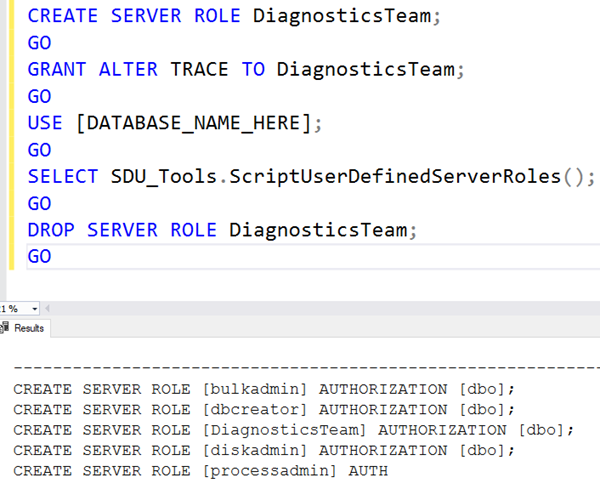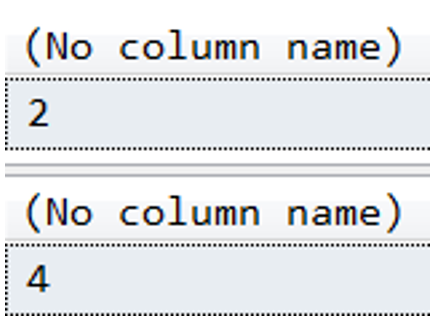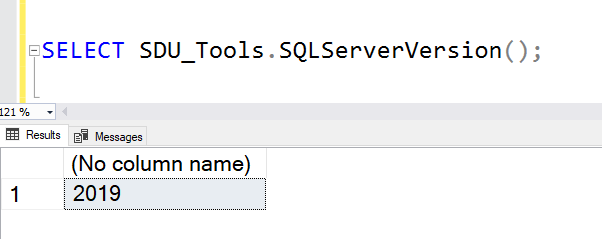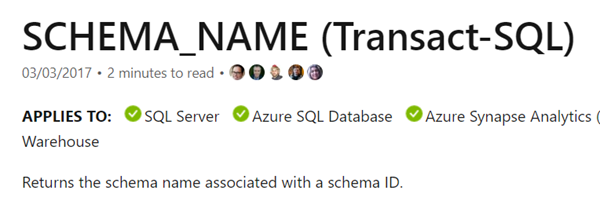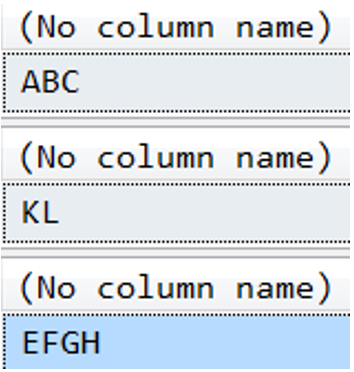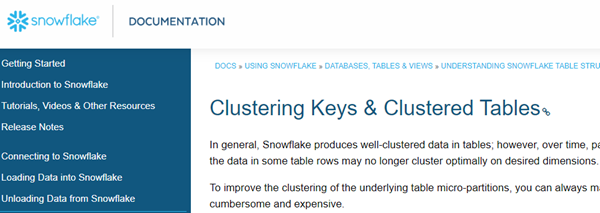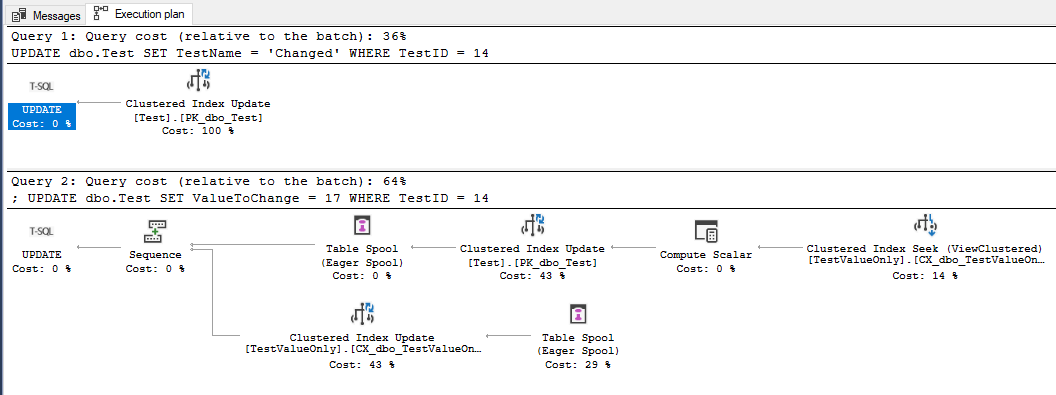
SQL: Does an indexed view always get updated for base table updates?
I had a forum question recently that asked if indexed views get updated when the base table gets updated, but the columns that are part of the view are unchanged.
The easiest way to check this is to try it. Let’s start with this code to create a table and put some data in it:
USE tempdb;
GO
DROP VIEW IF EXISTS dbo.TestValueOnly;
GO
DROP TABLE IF EXISTS dbo.Test;
GO
CREATE TABLE dbo.Test
(
TestID int IDENTITY(1,1) NOT NULL
CONSTRAINT PK_dbo_Test PRIMARY KEY,
TestName varchar(50) NOT NULL,
ValueToChange int NOT NULL
);
GO
INSERT dbo.Test (TestName, ValueToChange)
VALUES ('Hello', 12),
('There', 14),
('And', 16),
('Again', 18);
GO
Then we’ll create a schema bound view on the table, and a clustered index on the view:
2019-12-12

